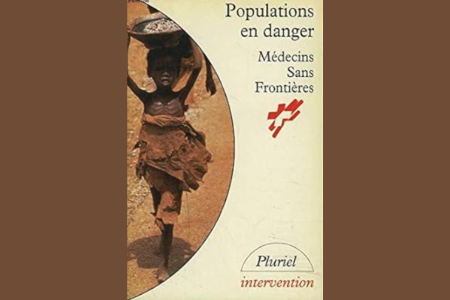 MSF-Crash
Book
MSF-Crash
Book
12/01/1992
François Jean
In the world today entire populations are at immediate risk of death from either famine, war, epidemics or displacement. The people of Southern Sudan, Somalia, the former Yugoslavia, Mozambique, Peru, Sri Lanka, Nagorno-Karabakh, as well as the Tuaregs, the Kurds and Burma's Moslems are those who face the most serious threats.
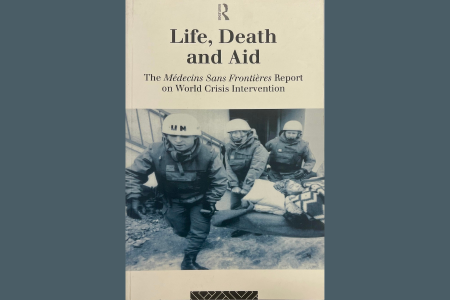 Book
Book
11/01/1993
François Jean
With the end of the Cold War came the hope of a "New World Order". yet the tragedies of war and famine continue to dominate our headlines. Humanitarian law is still violated every day. Emergency aid from the United Nations and donor governments remains inadequate and military interventions often fail to restore durable peace.
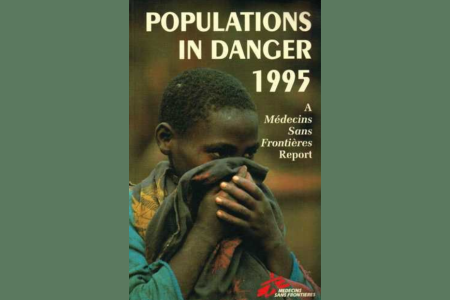 Book
Book
11/01/1995
François Jean
« Never again »: in the wake of the second World War, the terror caused by the Holocaust led the community of states to condemn genocide as a crime and to create a new international organization, the United Nations. And yet, half a century later, the international community did nothing to prevent the first undeniable genocide since that of the Jews: it let the massacre of the Rwandan Tutsis and merely sent humanitarian aid, even though it was nearly over.
 Dominic Nahr
Opinion
Dominic Nahr
Opinion
05/01/2001
Fiona Terry
Military involvement in refugee relief operations has undergone a remarkable evolution over the last decade, from providing logistical support to aid organisations in Kurdistan in 1991 to leading relief efforts for Kosovar refugees in 1999.
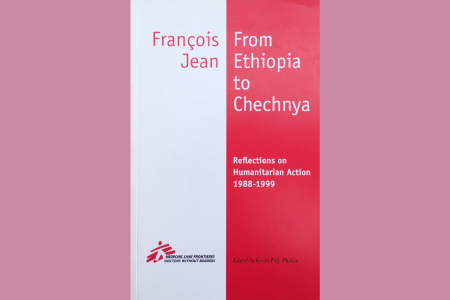 MSF-Crash
Book
MSF-Crash
Book
04/01/2004
François Jean
For nearly two decades, François Jean practiced humanitarian action based on a deep, pragmatic desire to understand, constant self-questioning, and broad intellectual curiosity. It will be clear to anyone reading his collected works, From Ethiopia to Chechnya: Reflections on Humanitarian Action, 1988-1999, that his writings resonate with dilemmas we face today.
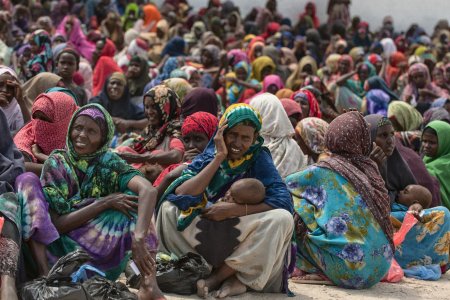 Yann Libessart
Opinion
Yann Libessart
Opinion
09/22/2011
Hakim Chkam
Humanitarian assistance has become entangled with migration and security agendas. Indeed, most humanitarian assistance in Somalia and in refugee camps is subordinated and in support of these two agendas.
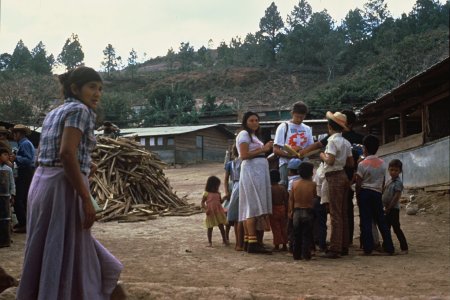 MSF
Speaking Out Case Studies
MSF
Speaking Out Case Studies
12/17/2013
Laurence Binet
The « Salvadoran Refugee Camps in Honduras 1988 » case study describes the dilemmas regarding a stance that ... was not supposed to be public.
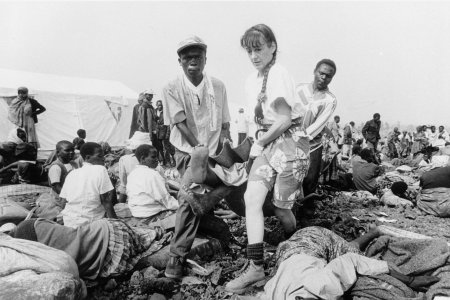 Remco Bohle
Speaking Out Case Studies
Remco Bohle
Speaking Out Case Studies
04/03/2014
Laurence Binet
This case study is describing the constraints and dilemmas met by MSF when confronted with camps under the tight control of "refugee leaders" responsible for the genocide of the Rwandan Tutsis from April to June 1994.
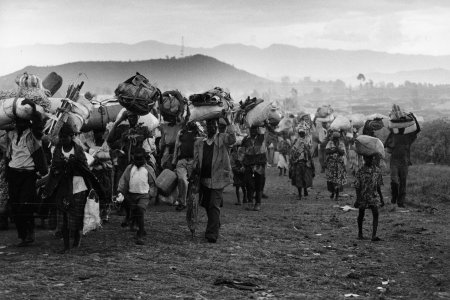 Remco Bohle
Speaking Out Case Studies
Remco Bohle
Speaking Out Case Studies
04/03/2014
Laurence Binet
The ‘Hunting and killings of the Rwandan refugee in Zaire/Congo' case study is describing the constraints and dilemmas faced by Médecins Sans Frontières' teams in 1996 and 1995 when trying to bring assistance to the Rwandan refugees in Eastern Zaire.
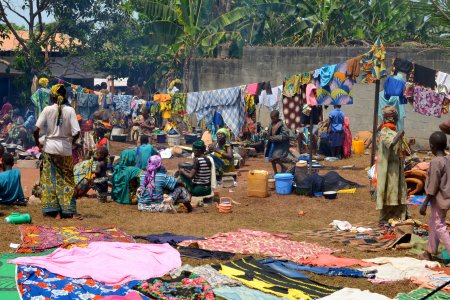 Remi Djian
Opinion
Remi Djian
Opinion
05/05/2014
Michaël Neuman
Delphine Chedorge
For a few months now, the world's response to the organized expulsion of the Muslim community out of the Central African Republic (CAR) can best be described as strikingly mute.
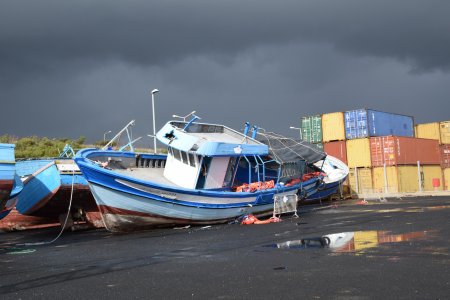 Luca Visone
Analysis
Luca Visone
Analysis
04/20/2015
Eleanor Davey
This post tells of the 'Boat for the Vietnam' episode, the MSF Search and Rescue operations to be launched in the Mediterranean and the notable absence of the Australian section of MSF from any debate on refugee policy in that country.
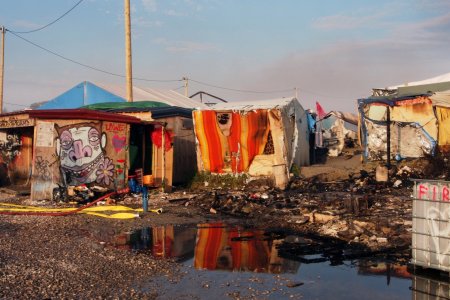 Samuel Hanryon
Op-ed
Samuel Hanryon
Op-ed
12/05/2015
Anne Chatelain
Michaël Neuman
This article was originally published in French in Slate Magazine on 4 December 2015, accessible here. The article was translated into English by Teresa Piacentini for the University of Glasgow GramNet blog.
 MSF-Crash
Book
MSF-Crash
Book










